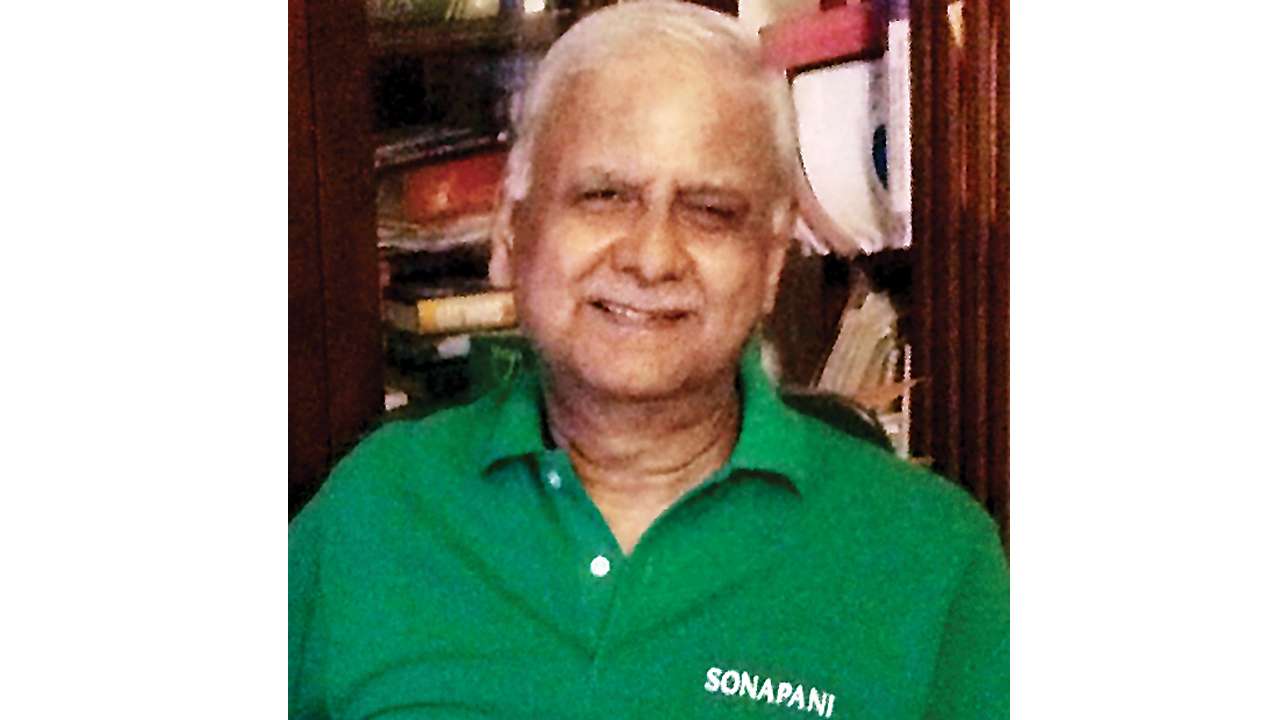
Since 1999, the Association of Democratic Reforms, an NGO, has dedicated itself to the cause of ushering political and electoral reforms in India. In a freewheeling chat with DNA, one of its founding members Jagdeep Chhokar says people’s faith in the Indian democracy is under threat as political parties steadfastly refuse to become internally democratic.
None of the political parties functioning in India today have effective internal democracy. The so-called internal elections are actually farcical. Very often, the delegates who vote in these elections are themselves nominated. How can you have democratic elections when the voters are nominated? In some cases, there is a coterie or a controlling group that chooses a particular person for the posts. This person’s name is proposed unanimously; no other person contests and this person is declared elected. These are sham elections. I have not seen any real election within the political parties in the last 30 years.
Some parties claim that they hold elections but none of these elections are open to scrutiny by anyone. Even the Communist Party of China claims that they hold elections. It is commonly understood in a democracy that the elections should be demonstrably democratic. It is not a democratic election if it is happening behind closed doors.
No. The Election Commission (EC) has no authority to go and probe into the internal processes of these political parties. Even if the EC was to do that, there is a great weakness in the system. The Supreme Court (SC), in the judgment of Indian National Congress (I) Vs. The Institute of Social Welfare and others, has said that while the EC has the authority to register political parties under Section 29(A) of the Representation of the People Act (RPA), 1951, it does not have the authority to deregister a party. So, in effect, the EC can do pretty much nothing. It can, at most, withdraw recognition or allotment of a symbol. That is about it. A political party, once registered, unfortunately, becomes a law unto itself. Under the Indian legal scenario, a political party once registered will remain registered forever. There is no authority in the land that can deregister it. Now, if this is not being above the law, what is?
Amendment of the RPA cannot be done by a single party. It will require a majority in both Rajya Sabha and Lok Sabha, which no party has. Even if a political party has the majority, it will never do it because parties do not think of national interest. They only think about their own interest. This is the bane of Indian democracy. How can you have entities in the country, who put together, think they are above the law of the land? The RTI Act is a classic case.
The Central Information Commission, in a full bench unanimous judgment and after examining a multitude of data, information, and arguments came to the conclusion that six political parties fulfil the requirements for a body to be considered a public authority. They have blatantly refused to follow that order and they are continuing to defy it.
We will have to have them. The question is how long will it take for the political parties to realise that it is not in their interest to be considered so undesirable. In public perception, politics is a dirty business. It is not considered a respectable vocation. The word ‘neta’ has a negative connotation. If this state of affairs continues, we run the risk of people losing their faith in democracy itself. And if people lose faith in democracy, then political parties will die. It is in the interest of the political parties to become internally democratic. Internal democracy will strengthen them and improve their standing. Unfortunately, they don’t realise this.
The case is that the entrenched leadership is not confident of retaining its leadership, if internal democracy becomes the norm.
The rank and file; the common members of political parties will like internal democracy. It is the entrenched leadership that does not want to loosen their hold on internal power and the prospects of earning money.